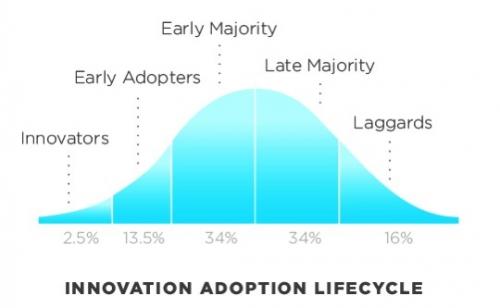Full Text Sharing
Categories:

Innovation. And. Sustainable. Development.
February 18, 2014, Kathmandu
"But we cannot assess the potential of information by measuring information. We can only assess the potential by measuring the creativity of the people who use it."
Autonomy as a human development goal allows us to place development work in a context and vision previously thought to be insufficiently grounded and quantifiable. "The millennium development goals (MDGs) have helped to reduce by half the proportion of people living in extreme poverty in the course of the past decade." Retroactively, the Development Agenda appears less monolithic and more dynamic. Spheres of influence within sustainable development in the South have spread beyond just the basic needs and equity paradigm. Assimilating vital elements from and into a world of continually shifting value systems and priorities, sustainable development remains, still, an ideal in many countries and regions.
Development goals find realization through empowerment and mobilization but the vital life line of "furthering human development needs - material and non-material" continues to be relegated in favour of more immediate, short-term institutional solutions. While the discourse inspires latent and tacit knowledge gains and insights, a holistic approach itself leads us to a quandary. How do we reconcile philosophy and practice for a future that is less dictated and more oriented towards a common good, the common good?
"In the popular meaning, the common good describes a specific "good" that is shared and beneficial for all (or most) members of a given community."
Populist creeds and principles, in recent years, have espoused a long-held belief of strength in numbers. This is patently evident in our rapidly converging and imploding communication systems. Foremost among these is the Internet and, more visibly, the World Wide Web. Both engagement and disengagement is better understood through correlation and dissonance. The precarious balance between individual aspiration and collective harmony in the digital sphere could itself be a reflective "good," leading, as it often does, to shared attention and association. Interaction, in absolute terms, is more biased and less spontaneous. A commonality in a mediated reality can, however, take on a life of its own and often does. Fragmented webs of hyper linking and texting with sound, image and video brings to the fore knowledge and information in a way that refracts a community, a cause, a kinship.
"Information is that which reduces uncertainty. By reducing uncertainty we can better predict the consequences of of our actions. Increasing our predictive accuracy will lead to increased benefits."
Mirroring both a conversation and a space, the Social Web is the metonymy with which to test and take to scale social aspects of a public good. Communication, in this reality, is both a right and a responsibility while shared reasoning and argumentation allow us to build a dialectic that can shape and further policy formulation and implementation. "A self-reliant structure" inherently embedded into the Web could also afford us a "self-reliant structure, of sustainable development, consistent with ecological balance, culture and development of others." The Development Agenda is poised to make its "next level" departure. With voices and visibility now amplified beyond the "Early adopters and Late Majority" model, innovation is becoming commonplace even as the Web spins right now. A crowdsourcing dynamic is already underway in the Development Sector. Yoking together these seemingly disparate strains is, perhaps, the new "article of faith" that we need to realize both the potential and current values of innovation for sustainable development.
"Information changes beliefs or the strength of association between ideas."
References:
1. Measuring the Effects of Information on Development by Warren Thorngate
2. Development Studies - Self-Help Organisations, NGOs and Civil Society by Heinz Bongartz and Dev Raj Dahal
3. Crowdsourcing the next global development agenda by Olav Kjørven
4. Rogers' Bell Curve Image Source: Wikimedia Commons










Add new comment